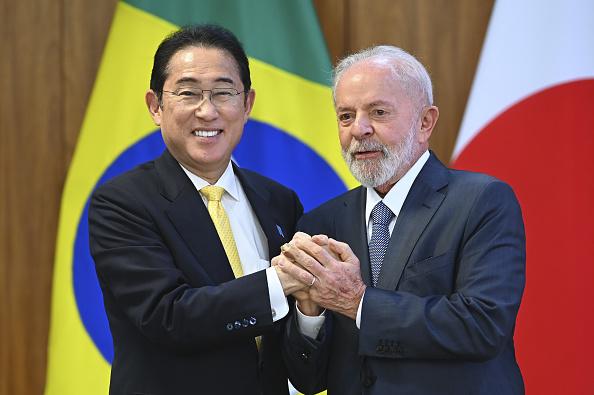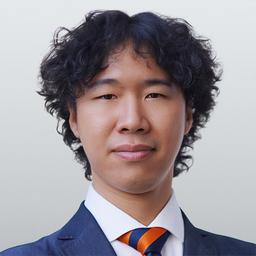News Analysis
Ahead of Chinese leader Xi Jinping’s visit to Europe, Japanese Prime Minister Fumio Kishida visited Paris on May 2, followed by visits to Brazil and Paraguay. Mr. Kishida pledged to uphold a free and open international order based on the rule of law. Experts believe Japan’s diplomatic goal is to engage allies and partners to contain China’s influence.





